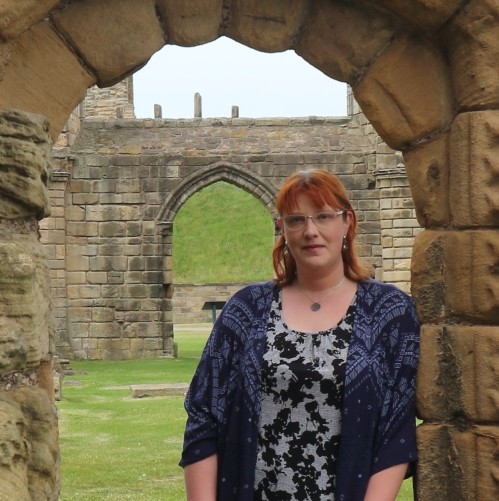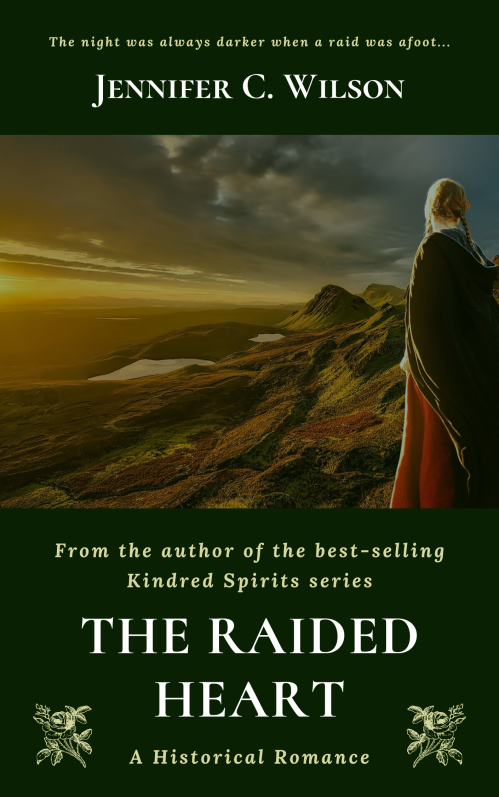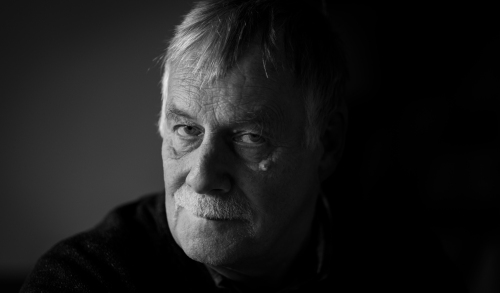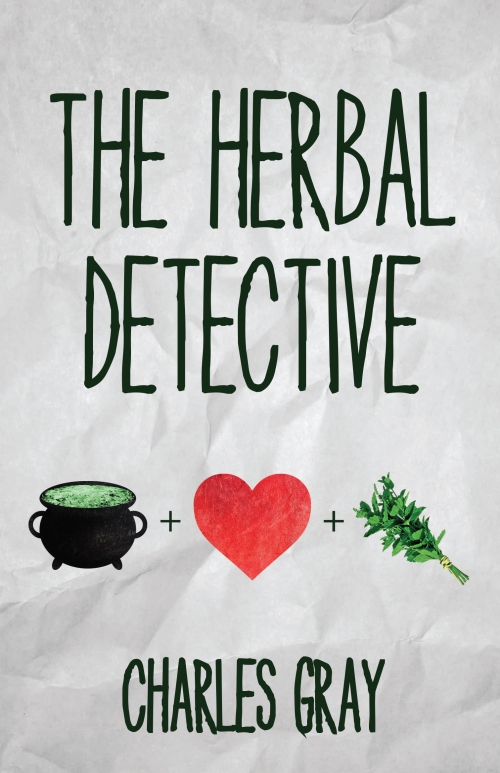My friend Jennifer C. Wilson is here today to celebrate the release of her story ‘The Raided Heart‘.
Jen’s going to talk to us about the importance of having a strong network of peers who understand what you’re going through as a writer and will help you when you need it most.
My thanks to Jen for sharing her experiences and thoughts with us.
Vic x

Hi Victoria, and thanks for hosting me on your blog today. To say I’m excited about the release of The Raided Heart is an understatement, and I know that you know just how long I’ve been working on it, and what a big deal it is for me to finally be releasing it through Ocelot Press. You’ve also heard a lot of the story before the book’s released, as it’s been my work-in-progress at writing group for the last year or so.
 And I’ve got to be honest, if it wasn’t for writing group members, The Raided Heart might still be in the proverbial desk drawer.
And I’ve got to be honest, if it wasn’t for writing group members, The Raided Heart might still be in the proverbial desk drawer.
Back in the summer, I was having a total nightmare with the final draft. I was struggling to hit my word count targets, and angry at myself for that fact, given that I wasn’t even writing a new story; I was rewriting one, and for the third time at that. You’d think I would know what was going to happen next, to who, how, and when? Nope. Despite having a beautifully bullet-pointed synopsis, outlining in detail the entire plot, I just couldn’t find the words to bring any of it to the page. I was writing pieces here and there, at writing group, or on a Sunday afternoon, when I practically chained myself to my desk, but it was like wading through treacle, and I wasn’t enjoying it. Given that it had been with me for so long, this was anxiety-inducing, to say the least.
Bringing Richard III into things had helped with the plotting, and the words had flowed for a while, but now they had dried up again. Hence one miserable night at a local crime-reading event, where I ended up pouring my heart out to fellow writers Sarah and Penny. In hindsight, declaring that I was quitting writing for good may have been a tad melodramatic, but it’s honestly how I felt in that moment.
This is where being part of a circle of writers is so important. If I hadn’t been out that night, there’s a real chance I’d have been sat at my desk, hating the blank page, and deleting things rather than creating them. Instead, I was with good friends, who talked through everything which was bothering me, and came up with a genuinely helpful plan of action. Writing can be a solitary, if not downright lonely, activity, and having a solid group of people around you who know what you’re going through is so critical in my opinion.
And it’s not just to pull you through when you’re threatening to throw in the pen – it’s wonderful to have people who understand just what it means to you when you get shortlisted in a competition, have something accepted for publication, or (drum roll), you get yourself that magical Book Deal, and become a Published Author. Family and non-writing friends will be happy for you, yes, but only another writer can sometimes really ‘get’ just what you’ve been through to get to that point, and know what it means to have that success.
That’s the reason I love hosting North Tyneside Writers’ Circle, and attending Elementary Writers, as well as getting a week-long fix of it at Swanwick Writers’ School every summer. And it’s why I cannot wait to celebrate seeing ‘The Raided Heart‘ into the world with people who really understand that after twenty-odd years in the writing, it’s a magical feeling to hold that paperback, and see it going live on Amazon.
Happy writing!
About the book:
Meg Mathers, the headstrong youngest sibling of a reiving family on the English-Scottish border, is determined to remain at her childhood home, caring for the land and village she’s grown up with. When an accident brings her a broken ankle and six weeks in the resentful company of ambitious and angry young reiver Will Hetherington, attraction starts to build. Both begin to realise they might have met their match, and the love of their lives, but 15th century border living is not that simple, as Meg soon finds herself betrothed to the weakling son of a tyrannical neighbour, Alexander Gray. When tragedy strikes, can Meg and Will find their way back to each other, and can Will finally take his own personal revenge on Gray? ‘The Raided Heart‘ is the first of “The Historic Hearts”, a collection of historical romantic adventures set in Scotland and the North of England.
About Jennifer:
Jennifer C. Wilson has been stalking dead monarchs since childhood. At least now it usually results in a story, it isn’t considered (quite) as strange. Jennifer won North Tyneside Libraries’ Story Tyne short story competition in 2014 and, as well as working on her own writing, she is a founder and co-host of the award-winning North Tyneside Writers’ Circle and has been running writing workshops since 2015. Her debut novel, ‘Kindred Spirits: Tower of London‘ was published by Crooked Cat Books in 2015, with the fourth in the series, ‘Kindred Spirits: York‘, released in early 2019. Her timeslip romance ‘The Last Plantagenet?‘ is published through Ocelot Press, an authors’ collective formed in 2018.





